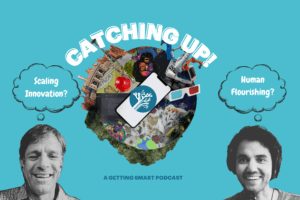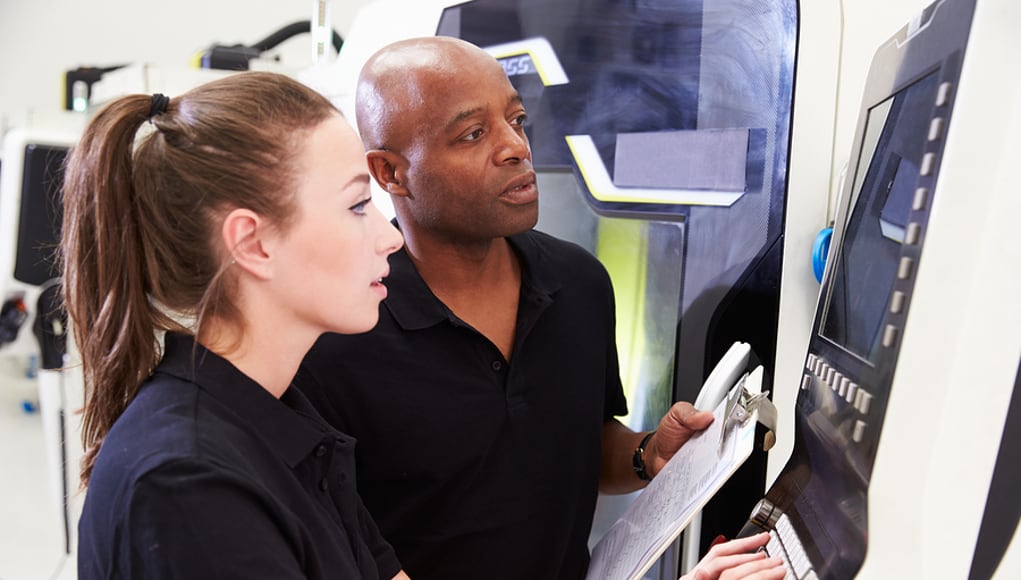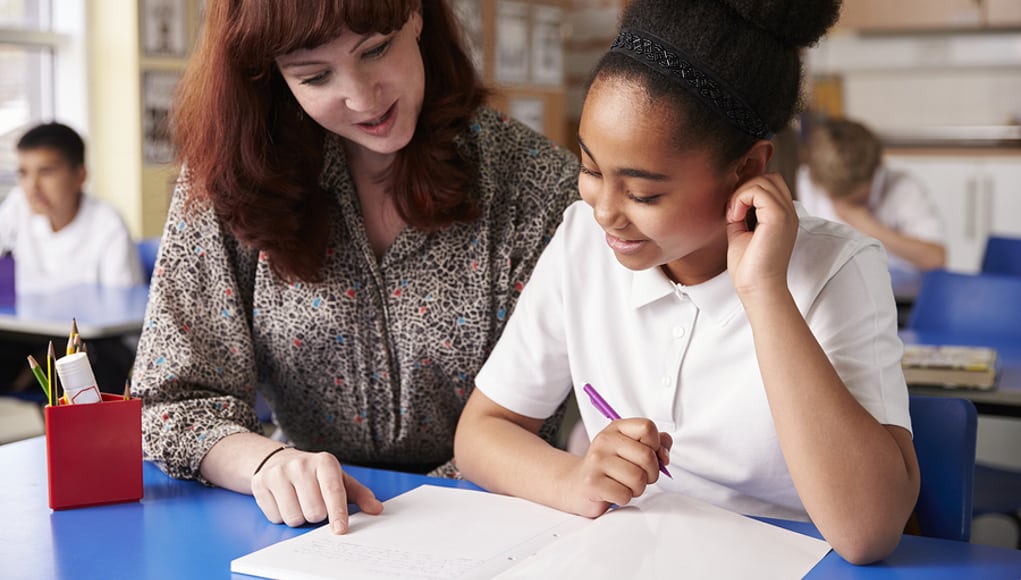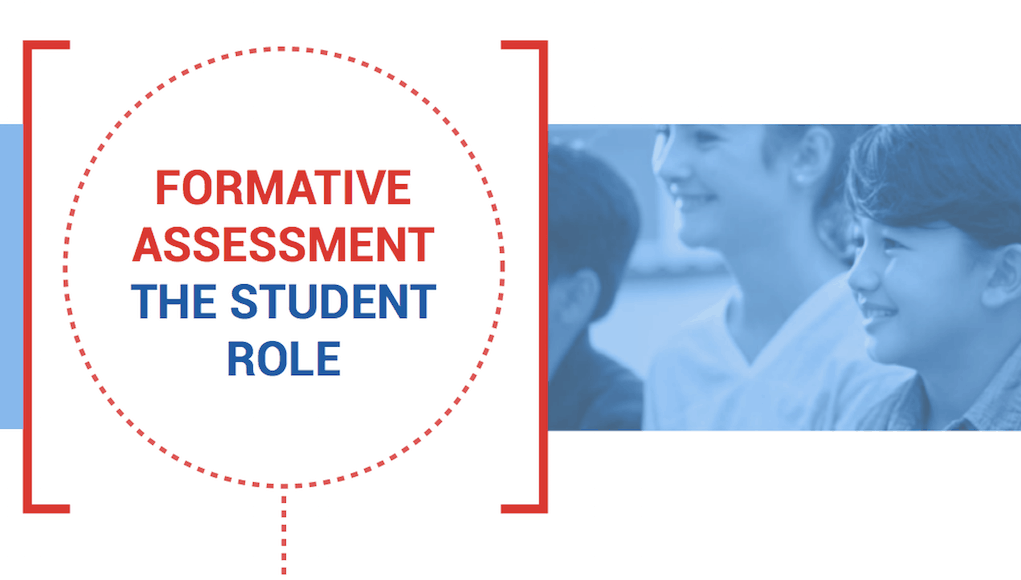Learner-Centered
Agency and High Quality PBL
In addition to supporting deep learning and the 4 C’s, the 6 criteria of High Quality PBL hold the ability to support another critical outcome: Student Agency, the tendency and ability for students, of their own volition, to improve or extend their own learning.
Education Systems Should Be Based on How Students Develop
A flowering of research from neuroscience, psychology, early childhood, and a variety of other disciplines on the science of learning and development has begun to shed light on what is necessary for students to reach their full potential. How can our systems catch up to these findings?
Rightly Seeing Students: Takeaways from SXSW EDU
If we want to expect more from our students, then we ought to view them as more than “just” students. These four paradigms can serve as a foundation for making this cultural shift a reality in your school or district.
The Willpower Gap – Misinterpreting Student Agency
When definitions of agency lead to work that is driven purely by willpower, those definitions need to be reconsidered. The agentic classroom should be hard but fun for teachers and students alike.
The Future of Education Includes Learning Outside of the Classroom
If students work tirelessly on academics in high school and college, they may experience shock when they try to find their way in the working world. We can make this transition easier by fostering these work skills outside of the classroom as early as possible.
Shadow a Student: Reinventing the School Experience
The Shadow a Student Challenge is a journey that starts with seeing school through a student's eyes in order to identify opportunities to improve the school experience. It's not too late to sign up for the 2018 challenge--learn more here!
The Problem With Responsible Students
Students with agency, on the other hand, are not responsible in the sense that they have embraced the agenda of the adults and comply with it, rather they are reliable and cooperative in pursuing their learning.
The Student Role in Formative Assessment: How I Know Practitioner Guide
One of the key distinguishers of formative assessment lies in the relationship between a student and teacher in the shared ownership of assessing what students know and are able to do. This guide can help practitioners of formative assessment develop and hone that shared ownership.
Fueling a Vision of Student-Centered, Personalized Learning through Student Voice
My challenge to myself - and to all of us - today is to ask a handful of kids these two important questions: What do you want to learn? What do you want to do?
The Value of Establishing a Culture of Thinking in the Classroom
Strategies focused on ingraining cultures of thinking have been game changers in many of today’s classrooms. In this post, we look at what that means for you and your classroom.












